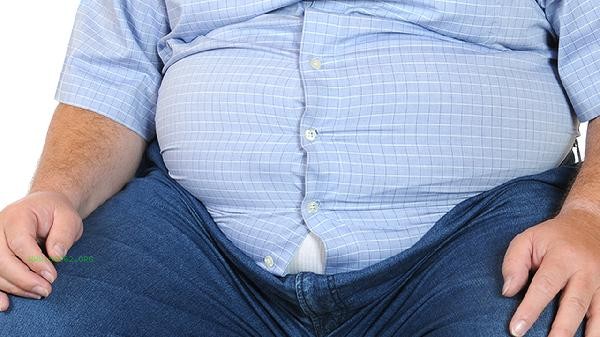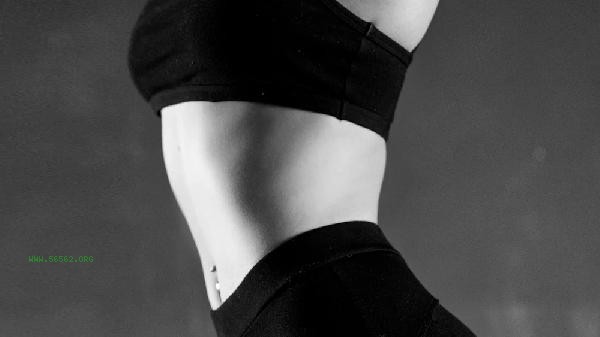Not eating at night but not losing weight is usually related to factors such as insufficient calorie intake leading to metabolic compensation, nutritional imbalance, improper eating time, insufficient exercise, and poor sleep quality.

1. Metabolic compensation:
Long term fasting at dinner may lead to a decrease in basal metabolic rate. When the body perceives insufficient energy, it will activate a protective mechanism to reduce calorie expenditure, prioritizing the breakdown of muscles over fat. Some people may exhibit compensatory behavior of overeating during the day, which can actually lead to excessive total calories.
2. Nutritional imbalance: Skipping dinner completely can lead to deficiencies in key nutrients such as protein and dietary fiber. Insufficient muscle synthesis materials can accelerate muscle loss, while vitamin B deficiency can affect fat metabolism efficiency. Some people may supplement high sugar snacks through late night snacks, exacerbating fat accumulation.
3. Eating rhythm:
Long fasting time may disrupt the regulation of the biological clock. The human body has higher insulin sensitivity in the evening, and completely avoiding dinner may lead to severe fluctuations in blood sugar after breakfast the next day, stimulating the secretion of fat storage hormones. It is recommended to allocate daily calories reasonably to three meals.

4. Exercise consumption: If the energy gap at night is not coordinated with exercise, the weight loss effect is limited. The ability to exercise decreases on an empty stomach, making it difficult to maintain effective exercise intensity. Engaging in resistance training or low-intensity aerobic exercise 1-2 hours after dinner can improve the efficiency of nighttime fat oxidation.
5. Sleep effects:
Hunger can increase cortisol levels, affecting the quality of deep sleep. When sleep deprivation occurs, growth hormone secretion decreases, leptin levels decrease, and ghrelin levels increase, which may trigger overeating the next day. It is recommended to take proper amount of tryptophan food such as millet porridge for improving sleep.
It is recommended to limit dinner to 300-400 calories and choose high protein water with low sugar carbohydrates, such as steamed fish with mixed grain rice. Moderate post meal activity promotes digestion and avoids immediately lying flat. Maintain a regular daily routine and finish eating 3 hours before bedtime. If the weight plateau period persists, thyroid function or insulin resistance should be checked. Weight loss should focus on balanced nutrition and calorie intake throughout the day, rather than controlling for a single meal.





Comments (0)
Leave a Comment
No comments yet
Be the first to share your thoughts!